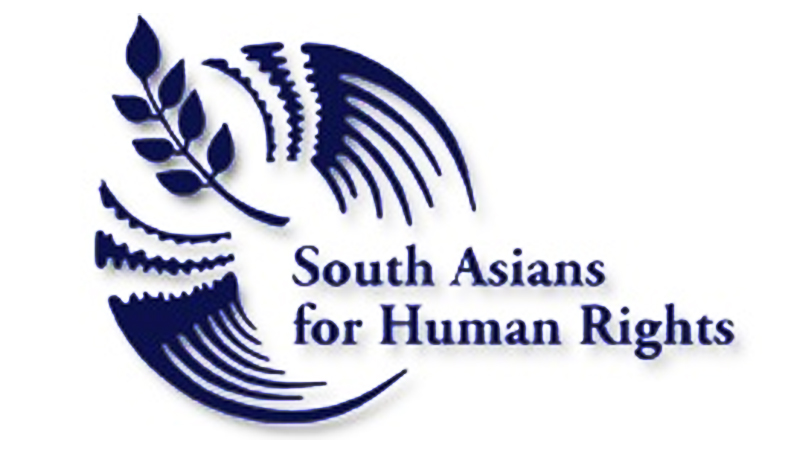NCHR, NCSW remained dysfunctional in 2020
Press release
NCHR, NCSW remained dysfunctional in 2020
Islamabad, 23 June. The Human Rights Commission of Pakistan (HRCP)’s annual report on the state of human rights in 2020 notes with concern that the government’s initial response to the Covid-19 pandemic was marred by a lack of transparency and enforcement: no strict lockdown was imposed when it should have been, hospitals were ill equipped to handle the influx of cases, and non-compliance with standard operating procedures in mosques was not addressed. The National Coordination Committee and National Command and Operation Centre set up to combat the crisis were also established without parliamentary or Cabinet approval. However, cash distributions under the federal government’s Ehsaas Programme were a welcome reprieve for those in need of a social safety net.
Presidential ordinances were repeatedly issued as the government continued to bypass the correct constitutional procedure of presenting a draft bill in Parliament and holding detailed discussions of the draft. That key human rights institutions such as the National Commission for Human Rights and the National Commission on the Status of Women remained dysfunctional throughout 2020 is a matter of grave concern. On a welcome note, the National Assembly passed significant human rights-related laws, such as the Zainab Alert, Response and Recovery Act and the ICT Rights of Persons with Disability Act. The Ministry of Human Rights also submitted several recommendations for prison reform in its report to the Prime Minister.
The right to freedom of expression and assembly remained under threat as spaces for dissent continued to shrink in 2020. This was evident in the government’s attempt to impose new curbs on the electronic, print and social media; the National Accountability Bureau’s widely criticised tactic of initiating cases against political opposition members while overlooking the ruling party’s excesses; and the presidential reference filed against Justice Qazi Faez Isa who is known for his anti-establishment views.
Journalists and media professionals in particular found themselves under continued pressure as Mir Shakil-ur-Rahman, owner of Pakistan’s largest media group, was put behind bars in a 35-year-old case initiated by the National Accountability Bureau, and senior journalist Matiullah Jan was abducted in broad daylight and released only 12 hours later after public outrage. The Aurat March collective also faced rigid opposition and harassment from various quarters, with Islamabad participants becoming a target of violence during their rally.
Worryingly, crimes against vulnerable groups such as children, women and religious minorities continued unabated. The Commission of Inquiry on Enforced Disappearances also came under fire in a scathing review from the International Commission of Jurists, which criticised the commission’s failure to hold perpetrators accountable.
On behalf of Hina Jilani
Chairperson
Category: English, Press Releases






